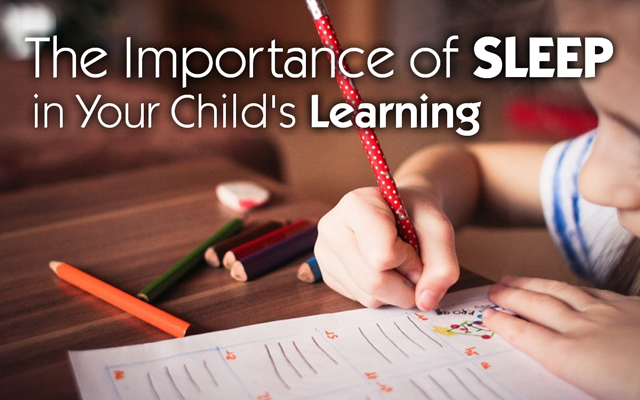Fretting. That gnawing sensation in the pit of our stomach, often found escorting doubts that either we aren’t enough, or our actions are all for nothing. How do we overcome it? Especially when it reaches the all-consuming stage, defining who we are and parading our worst fears before our eyes. In His great love,
I previously shared with you some of the lessons I have been learning about how setting boundaries with our children and with others can help us homeschool more effectively. However, sometimes the biggest boundary conflict does not come from without; it comes from within. Have you ever felt like your homeschool day just “gets
I’m not alone in my adoration of autumn. There is something magical in the advent of fuzzy socks, hot apple cider, and our annual leaf nature study. Or maybe this is just what our homeschool looks like. I also can’t be the only one who has been busy “pinning” pumpkin recipes alternately with pumpkin
Last month, I wrote about the challenge of setting boundaries with my children and how important that is to homeschooling effectively. Another area where it is helpful to learn and apply appropriate boundaries is with other adults in your life. One of the ways that many homeschoolers face an invasion of boundaries is unsolicited
As homeschool moms, we set the mood in the home. And if we are going through a rough season in life—health problems, stress, marriage difficulties, etc.—it can be hard to homeschool. Here are my tips for homeschooling when life is difficult: Take a Break First, determine if you can (or must) take time off
Some days, nothing works out. The toddler screams and throws his toys. The four-year-old refuses to nap and the seven-year-old crosses her arms and pouts over her math. All. At. The. Same. Time. You cleaned your house yesterday, but today, dirty dishes cover the counters, an unattended spill dries on the carpet, and toys
Sleep is crucial for a child’s growing brain. Studies have found that a good night’s rest can have a massive impact on a child’s ability to develop and ultimately find success in the classroom. In fact, simply getting an extra 18 minutes of sleep a night can have significant effects on an elementary student’s








